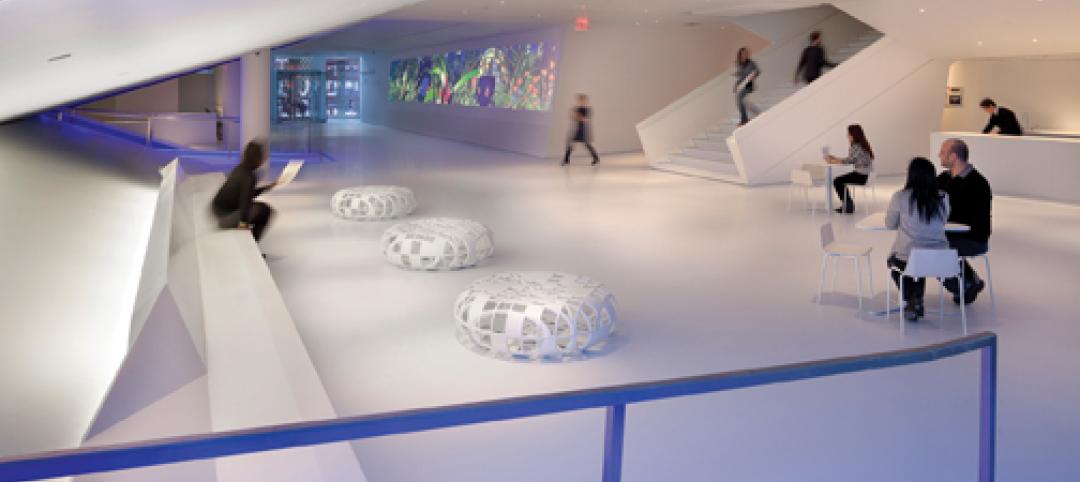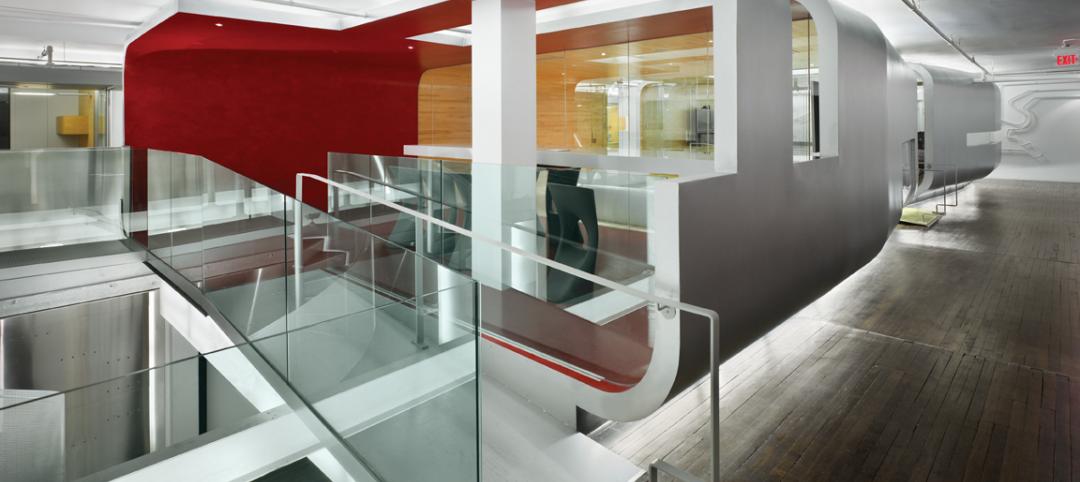Aon Risk Solutions released its 2011 Construction Industry Report, which reflects the input of 60 global construction industry respondents to Aon’s 2011 Global Risk Management Survey. While survey respondents cited senior management’s intuition and experience as the primary method to identify major risks, the report underlines the importance for organizations to embrace an enterprise-wide risk management approach that is optimized on a global basis.
The industry’s top risks as identified by survey respondents are included in the report, with the economic slowdown leading the list. Rounding out the top four risks are increasing competition, damage to reputation/brand and failure to attract or retain top talent. Regulatory/legislative changes and third-party liability tied for the fifth spot.
“In today’s business environment of high supply and limited demand, it has become especially vital for organizations in the construction sector to effectively manage risk,” said Henry Lombardi, executive vice president of Aon Construction Services Group. “Relying exclusively on gut instinct could result in a significant loss as leaders may miss an emerging risk.”
Mary Ann Krautheim, client strategy officer of Aon Construction Services Group, added, “The construction industry is expected to grow by 67 percent by 2020. Business leaders who use an enterprise-wide approach to identifying and assessing risks today will emerge from the economic storm in a stronger position with a larger market share.”
Additional findings of the 2011 Construction Industry Report include:
- Construction companies have invested and committed significant resources to risk control/safety practices to help lower the frequency and severity of loss, and according to the survey, they would like to see recognition of this investment by carriers in the form of lower premiums
- Capacity has been steady over the past three to four years with continued low rates. General liability/third-party liability continues to be a key issue for construction companies, most likely caused by concerns over construction defect claims and court interpretations of insurance coverage available to pay these claims
- Heavy industrial, engineering, procurement and construction contractors continue to enjoy strong backlogs, but are experiencing increased global competition
- While ranked number 11 on the list of top risks, political risk/uncertainties is expected to grow as the construction sector expands into developing countries
- Contractors’ abilities to compete with new project delivery methods, such as public-private partnerships, prove to be a challenge and an opportunity. Many non-U.S. contractors understand the value of bringing equity to the deal. This is a trend expected to continue as public bodies lack resources to invest large sums into infrastructure. BD+C
Related Stories
| Apr 14, 2011
USGBC debuts LEED for Healthcare
The U.S. Green Building Council (USGBC) introduces its latest green building rating system, LEED for Healthcare. The rating system guides the design and construction of both new buildings and major renovations of existing buildings, and can be applied to inpatient, outpatient and licensed long-term care facilities, medical offices, assisted living facilities and medical education and research centers.
| Apr 13, 2011
National Roofing Contractors Association revises R-value of polyisocyanurate (ISO) insulation
NRCA has updated their R-value recommendation for polyisocyanurate roof insulation with the publication of the 2011 The NRCA Roofing Manual: Membrane Roof Systems.
| Apr 13, 2011
Professor Edward Glaeser, PhD, on how cities are mankind’s greatest invention
Edward Glaeser, PhD, the Fred and Eleanor Glimp Professor of Economics at Harvard University and director of the Taubman Center for State and Local Government and the Rappaport Institute for Greater Boston, as well as the author of Triumph of the City: How Our Greatest Invention Makes Us Richer, Smarter, Healthier, and Happier, on how cities are mankind’s greatest invention.
| Apr 13, 2011
Southern Illinois park pavilion earns LEED Platinum
Erin’s Pavilion, a welcome and visitors center at the 80-acre Edwin Watts Southwind Park in Springfield, Ill., earned LEED Platinum. The new 16,000-sf facility, a joint project between local firm Walton and Associates Architects and the sustainability consulting firm Vertegy, based in St. Louis, serves as a community center and special needs education center, and is named for Erin Elzea, who struggled with disabilities during her life.
| Apr 13, 2011
Virginia hospital’s prescription for green construction: LEED Gold
Rockingham Memorial Hospital in Harrisonburg, Va., is the commonwealth’s first inpatient healthcare facility to earn LEED Gold. The 630,000-sf facility was designed by Earl Swensson Associates, with commissioning consultant SSRCx, both of Nashville.
| Apr 13, 2011
Office interaction was the critical element to Boston buildout
Margulies Perruzzi Architects, Boston, designed the new 11,460-sf offices for consultant Interaction Associates and its nonprofit sister organization, The Interaction Institute for Social Change, inside an old warehouse near Boston’s Seaport Center.
| Apr 13, 2011
Expanded Museum of the Moving Image provides a treat for the eyes
The expansion and renovation of the Museum of the Moving Image in the Astoria section of Queens, N.Y., involved a complete redesign of its first floor and the construction of a three-story 47,000-sf addition.
| Apr 13, 2011
Duke University parking garage driven to LEED certification
People parking their cars inside the new Research Drive garage at Duke University are making history—they’re utilizing the country’s first freestanding LEED-certified parking structure.
| Apr 13, 2011
Red Bull Canada HQ a mix of fluid spaces and high-energy design
The Toronto architecture firm Johnson Chou likes to put a twist on its pared-down interiors, and its work on the headquarters for Red Bull Canada is no exception. The energy drink maker occupies 12,300 sf on the top two floors of a three-story industrial building in Toronto, and the design strategy for its space called for leaving the base building virtually untouched while attention was turned to the interior architecture.
| Apr 13, 2011
Former department store gets new lease on life as MaineHealth HQ
The long-vacant Sears Roebuck building in Portland, Maine, was redeveloped into the corporate headquarters for MaineHealth. Consigli Construction and local firm Harriman Architects + Engineers handled the 14-month fast-track project, transforming the 89,000-sf, four-story facility for just $100/sf.















